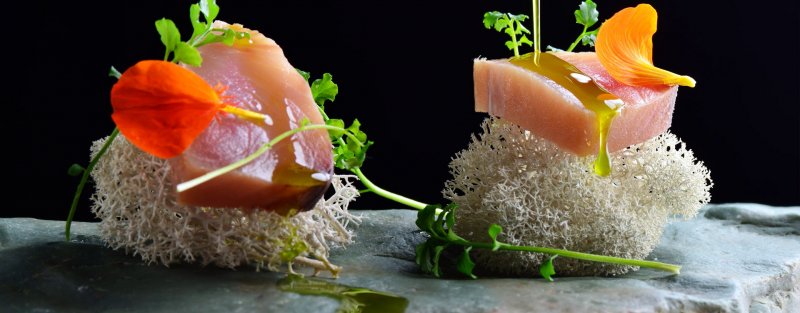It is argued that individuals define their utility by showcasing their wealth to others, and one way is by the conspicuous consumption of “fashionable food.”
The two main motivations for conspicuous consumption are ‘invidious comparison’ and ‘pecuniary emulation.’ Invidious comparison refers to higher-class individuals seeking to differentiate themselves from lower-class individuals; and pecuniary emulation refers to lower-class individuals seeking to be thought as members of a higher class.
Palma et al. conducted an experiment, published in the journal Applied Economics, to investigate how prestige-seeking behavior influences food choices. 201 consumers participated in the experiment to investigate how their preference for prestige and social status are related to their willingness to pay for fashionable food and food products.
The results indicated that 31 percent of individuals were motivated by the social status derived from either invidious comparison or pecuniary emulation. The subjects in the experiment were grouped into one of four categories depending on their income in comparison to their expenditure based on social status seeking behavior; Ambitious Shoppers (12 percent of participants), Utilitarian Buyers (69 percent of participants), Affluent Elitists (9 percent) and Prestige Lovers (9 percent).
The Affluent Elitists and Prestige Lovers (18 percent of participants) were both motivated by social status simply derived from a desire to differentiate themselves from individuals in a lower social status. Almost 1 in 2 individuals in these groups felt ‘classy’ when buying the most expensive brand, and 69 percent felt good about themselves for doing so.
While Ambitious Shoppers had the lowest income of all the groups, they had the highest regard for prestige and social status:
- 91 percent think people notice when they buy the most expensive brand,
- 96 percent think it says something to people when they purchase the high-priced version of a product, and
- 78 percent think others judge them based on the products and brands they buy.
With this type of thinking driving the food choices of consumers, it won’t be long before olive oil is considered fashionable as opposed to a simple necessity for optimal health. While nutritional policies promote consumption of high-quality healthy food products, the reality is that because food has become a symbol of social status, it has unequivocally allowed marketers to attract customers as what was merely functional is now also fashionable.
via: oliveoiltimes.com


